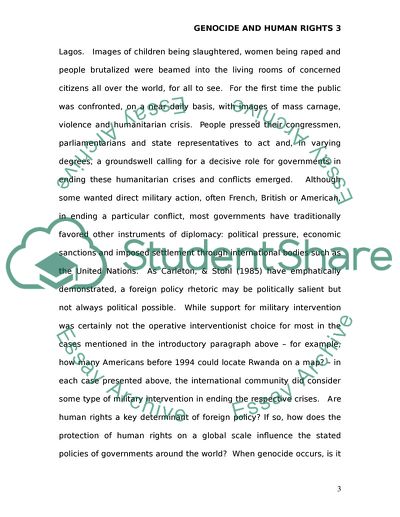Cite this document
(“Genocide and Humanitarian Intervention Research Paper - 1”, n.d.)
Genocide and Humanitarian Intervention Research Paper - 1. Retrieved from https://studentshare.org/humanitarian/1730140-research-paper
Genocide and Humanitarian Intervention Research Paper - 1. Retrieved from https://studentshare.org/humanitarian/1730140-research-paper
(Genocide and Humanitarian Intervention Research Paper - 1)
Genocide and Humanitarian Intervention Research Paper - 1. https://studentshare.org/humanitarian/1730140-research-paper.
Genocide and Humanitarian Intervention Research Paper - 1. https://studentshare.org/humanitarian/1730140-research-paper.
“Genocide and Humanitarian Intervention Research Paper - 1”, n.d. https://studentshare.org/humanitarian/1730140-research-paper.


